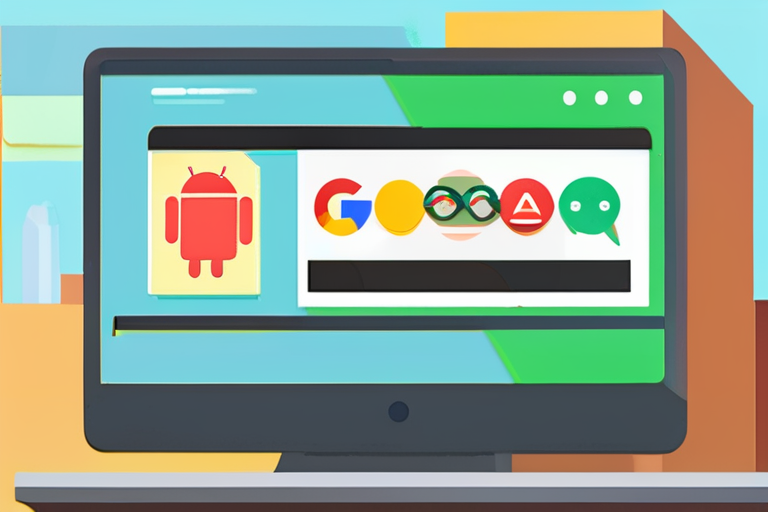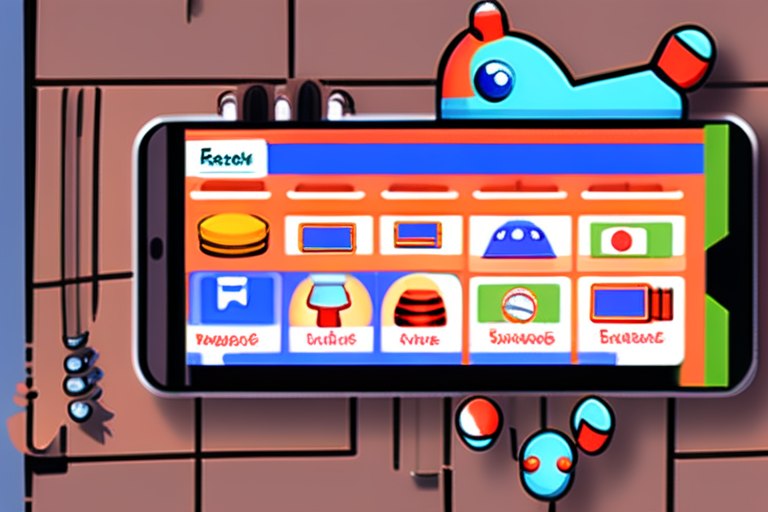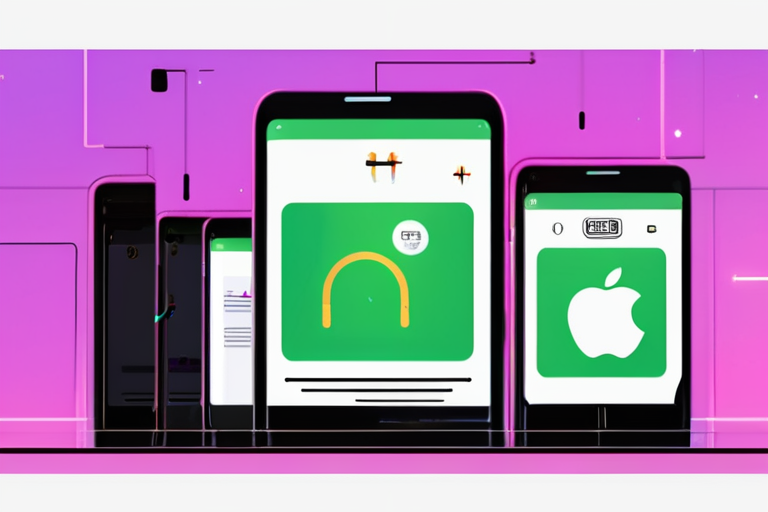Google Introduces Tiered Android Dev Verification: Free Options Available, No Public List of Developers


Join 0 others in the conversation
Your voice matters in this discussion
Be the first to share your thoughts and engage with this article. Your perspective matters!
Discover articles from our community

 Hoppi
Hoppi

 Hoppi
Hoppi

 Hoppi
Hoppi

 Hoppi
Hoppi

 Hoppi
Hoppi

 Hoppi
Hoppi

Qualcomm CEO Hails Google's Android-ChromeOS Merger as "Incredible" The tech industry is abuzz with excitement following Qualcomm CEO Cristiano Amon's …

Hoppi

Google Seeks Supreme Court Intervention in Epic Games Case In a bid to halt significant changes to its Play Store, …

Hoppi

California's Newly Signed AI Law Gives Big Tech a Free Pass In a move that has sparked controversy among tech …

Hoppi

Google's Plan to Verify Sideloaded Apps Sparks Outcry Among Android Fans Google announced plans to require app developers to verify …

Hoppi

Google Mandates Developer Verification for Android Apps Google announced plans to require all Android app developers to verify their identities, …

Hoppi

Apple Escalates War of Words with European Regulators Over App Store Rules In a recent statement, Apple executive Greg Joswiak …

Hoppi